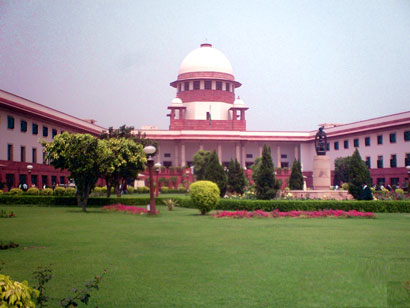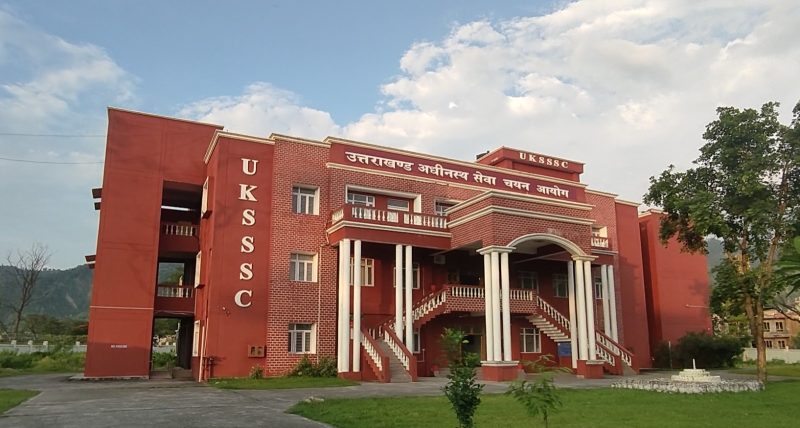DAINIK NATION BUREAU : The issue of workplace sexual harassment and the protection of complainants and witnesses has been a subject of significant concern and debate. In a recent development, the Supreme Court of India declined to entertain a plea seeking protective measures for complainants and witnesses in such cases. The decision has sparked discussions about the challenges faced by individuals reporting workplace harassment and the need for comprehensive safeguards. Let’s delve into the details surrounding the Supreme Court’s refusal to entertain the plea and the implications it holds for the protection of those affected by workplace sexual harassment.
The Plea for Protection:
The plea presented before the Supreme Court sought directions for the establishment of a comprehensive framework to safeguard complainants and witnesses in workplace sexual harassment cases. The petitioner argued that protection measures are crucial to encourage victims and witnesses to come forward and report incidents without fear of retaliation or intimidation. The plea aimed to ensure a safe and conducive environment for individuals seeking justice in such cases.
Supreme Court’s Ruling:
The Supreme Court, while declining to entertain the plea, emphasized that existing laws and guidelines provide sufficient protection for complainants and witnesses. The court stated that the current legal framework, including the Sexual Harassment of Women at Workplace (Prevention, Prohibition, and Redressal) Act, 2013, and the Vishakha Guidelines, offer adequate provisions to safeguard the interests of those involved in workplace sexual harassment cases.
Challenges Faced by Complainants and Witnesses:
Workplace sexual harassment cases often pose significant challenges for complainants and witnesses. Fear of victimization, social stigma, and professional repercussions can deter individuals from reporting incidents or providing testimony. The lack of comprehensive protective measures may further discourage victims and witnesses, compromising the pursuit of justice and perpetuating a culture of silence.
The Need for Comprehensive Safeguards:
While the existing legal framework provides a foundation for addressing workplace sexual harassment, there is a growing consensus on the need for comprehensive safeguards. These safeguards may include measures such as preserving anonymity, protection against retaliation, counseling support, and strict action against harassers. Enhancing protection measures can foster a safe environment that empowers victims and witnesses to come forward, ensuring the effective implementation of laws and promoting a workplace free from harassment.
Raising Awareness and Sensitization:
Alongside robust protection measures, raising awareness and promoting sensitization are crucial to addressing workplace sexual harassment. Organizations should prioritize education and training programs that emphasize zero tolerance for harassment, create safe reporting mechanisms, and encourage a culture of respect and accountability. Additionally, fostering a supportive and inclusive work environment can empower victims and witnesses and reinforce the importance of their voices being heard.
The Supreme Court’s decision not to entertain the plea seeking protective measures for complainants and witnesses in workplace sexual harassment cases underscores the need for further discussion and action on this critical issue. While existing laws and guidelines provide a foundation, there is a pressing need to strengthen the protective framework to encourage reporting, protect the rights of victims and witnesses, and ensure the effective redressal of workplace sexual harassment.
 Dainik Nation News Portal
Dainik Nation News Portal

